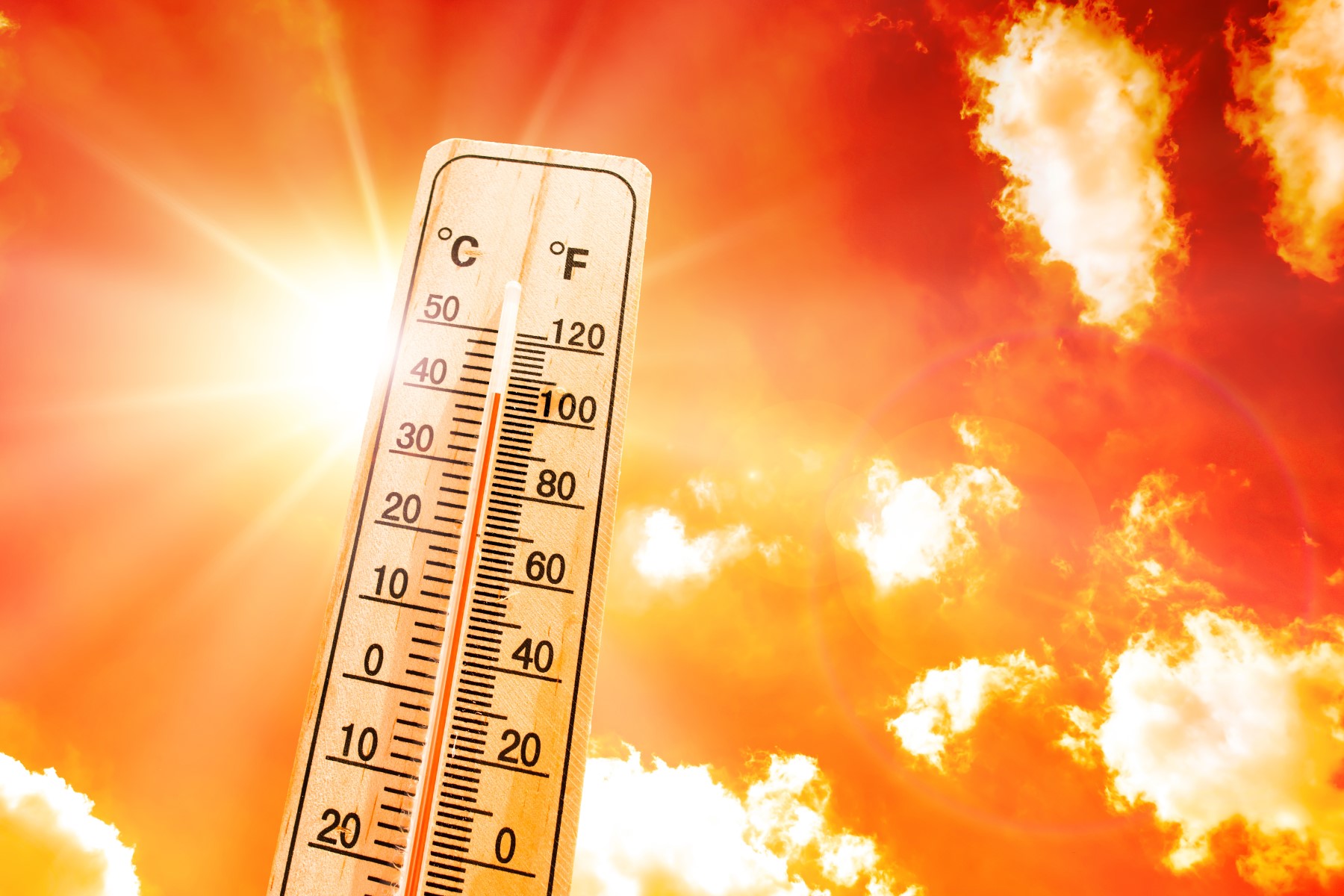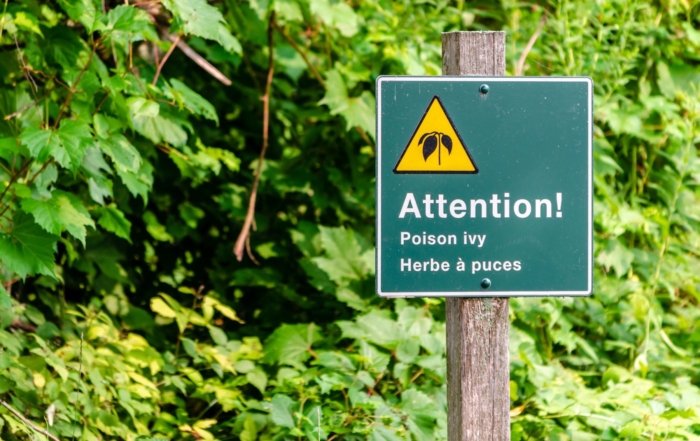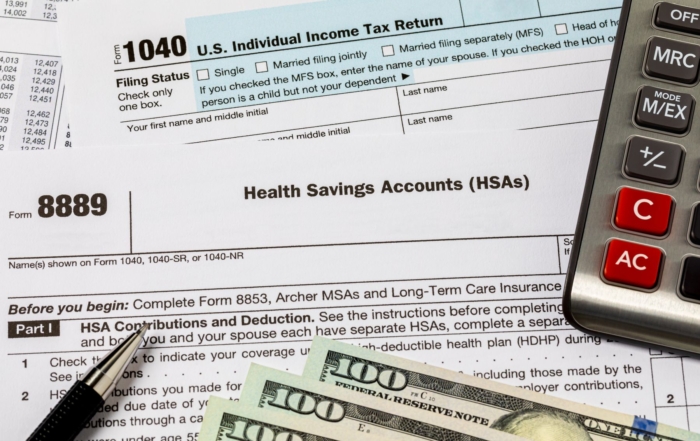As summer temperatures begin to soar, it’s crucial to be aware of the dangers posed by extreme heat. Recent heat waves to become more frequent, intense, and longer-lasting, putting communities at greater risk. According to the Environmental Protection Agency (EPA), heat waves have become more frequent, intense, and longer-lasting in recent decades. In 2022 alone, there were 25 heat waves in the U.S., resulting in over 1,000 heat-related deaths, according to the National Weather Service.
Extreme heat is a silent killer, often underestimated but capable of causing serious illnesses such as heat cramps, heat exhaustion, and potentially life-threatening heat stroke. The Centers for Disease Control and Prevention (CDC) estimates that approximately 618 people in the U.S. receive emergency medical treatment for heat-related illnesses each year.
Certain groups are particularly vulnerable to the effects of extreme heat, including infants, young children, older adults, and those with chronic medical conditions. However, heat-related illnesses can affect anyone, which is why it’s crucial to take preventative measures and stay informed about heat advisories.
Here are some essential safety tips to beat the heat:
- Stay hydrated: Drink plenty of water, even if you don’t feel thirsty. Avoid alcohol and caffeinated beverages, which can contribute to dehydration.
- Dress for the heat: Wear lightweight, light-colored, and loose-fitting clothing to help keep your body cool.
- Stay indoors: Limit outdoor activities and strenuous exercise during the hottest parts of the day. If you must be outside, take frequent breaks in shaded or air-conditioned areas.
- Never leave children or pets in vehicles: Temperatures inside a parked car can rise rapidly, leading to life-threatening situations.
- Check on vulnerable individuals: Elderly or vulnerable neighbors may not have access to air conditioning or cooling centers. Check on them regularly and provide assistance if needed.
- Know the signs: Be aware of the symptoms of heat-related illnesses, such as dizziness, nausea, headaches, and muscle cramps, and seek medical attention if they occur.
- Use air conditioning: Air conditioning can reduce the risk of heat-related illness by about 80%, according to the EPA. However, an estimated 12 million U.S. households lack access to air conditioning. If you don’t have air conditioning at home, consider visiting public facilities like libraries or shopping malls to cool off.
Extreme heat is a serious threat, and it’s essential to take proactive measures to stay safe. By following these tips and staying informed about heat advisories, you can protect yourself and your loved ones from the potentially deadly consequences of extreme heat. Remember, heat-related illnesses are preventable, so take action and stay cool this summer.
Recent Posts
Poison Ivy, Oak & Sumac Safety Guide for Landscaping, Construction, and Outdoor Workers
Why Construction and Outdoor Workers Need to Know About Poison Plants The CDC reports that 80-90% of adults develop rashes from poison ivy exposure, and [...]
Multi-State Business Operations: Insurance and Compliance Strategies for Growing New Hampshire Auto Companies
Picture a successful New Hampshire automotive dealership that starts with a single location in Manchester. Over time, they expand their service territory, hire employees who [...]
Revolutionary HSA Changes in the 2025 Budget Bill: Your Complete Guide to Expanded Benefits
Introduction: A Game-Changer for Healthcare Financial Planning The 2025 federal budget reconciliation bill, recently passed by the House, introduces the most significant expansions to Health [...]




